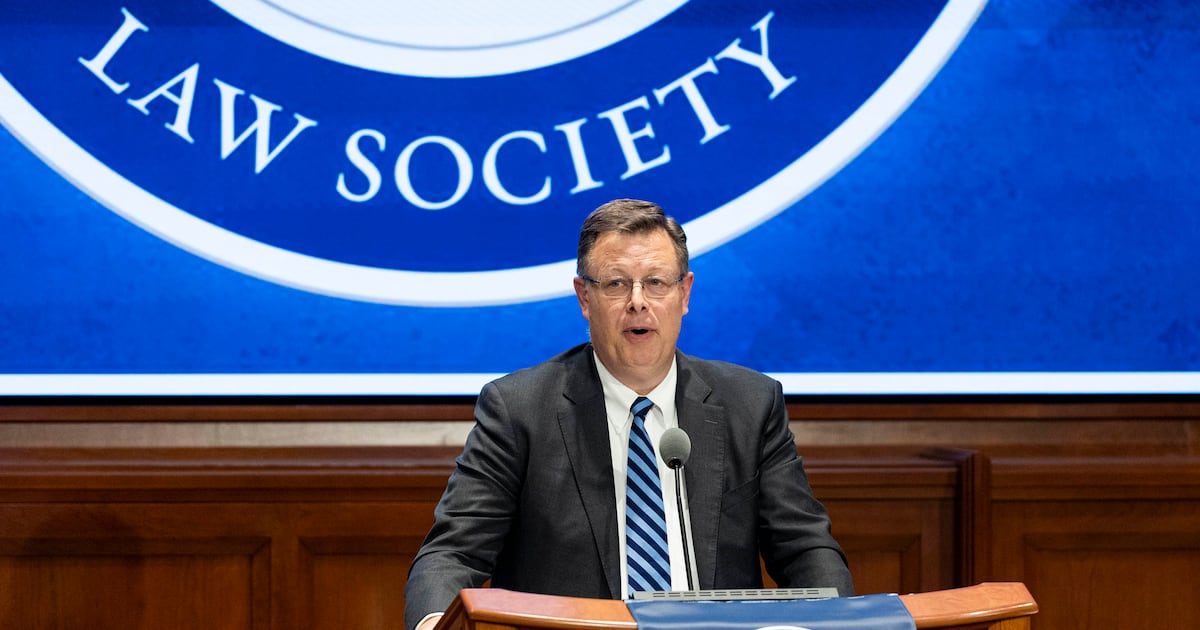Divine Accountability: How Stewardship Unlocks True Religious Liberty, Elder Gilbert Reveals

In a powerful address to members of the J. Reuben Clark Law Society, the Church's education commissioner unveiled a compelling perspective on religious freedom. He eloquently explained how religious liberty, institutional governance, and spiritual accountability are intricately interconnected, forming a robust framework that enables meaningful religious expression.
The commissioner emphasized that these three elements are not isolated concepts, but rather dynamic components that work in harmony to protect and nurture the fundamental right of religious freedom. By intertwining institutional leadership, personal stewardship, and the broader principles of religious liberty, individuals and organizations can create an environment that truly respects and supports spiritual beliefs and practices.
His insights highlighted the delicate balance required to maintain a robust and respectful approach to religious expression, demonstrating how thoughtful governance and personal commitment can safeguard the essential human right of religious freedom.

